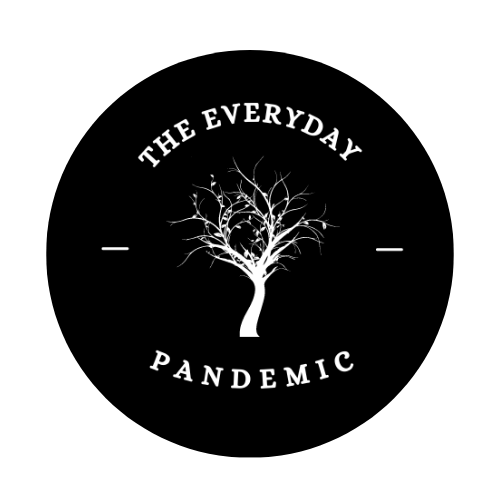It’s May: no fallen leaves to herd
into interrogatives. Still, the wind
searches, calling the names of those
it’s driven out. The time
between gatherings meanders
on the year’s grid, a river
forced northward, like a graph
that shows the country repeating
mistakes in two different
centuries. Absence takes
the page, swims in it like ocean:
no direction but float. An oriole
skims the pond, his wings’ orange checkmarks
confirm something about return.
I command my body: run
the loop again, skirt the puddle
that collects each storm. Park staff send
the smell of cut grass across
the highway. The long-closed exit
is open now. Let the legs scrawl
over unmarked graves until
they’re plowed and sown.
On walks, my daughter reaches out
to touch whatever is growing.
The year turns over and over
beneath her bare hands.
She says this tkhine on her child’s first birthday, the world unfolding
Sample
20. Is it a common belief that the appearance and resemblance of children depends on what the mother sees during the time she is leaving the mikve and during her pregnancy?
She says this tkhine when she has stopped counting the days
Theorem

Leah Falk is the author of To Look After and Use (Finishing Line Press, 2019). Her work has appeared in The Kenyon Review, FIELD, Electric Literature, Best New Poets, and elsewhere. Born and raised in Pittsburgh, she lives in Philadelphia and directs programming at the Writers House at Rutgers University-Camden.
About the Series: These poems are a part of our ongoing series exploring isolation, exile, and “The Everyday Pandemic.” With the arrival of COVID-19 new realities emerged. Isolation became ubiquitous. Everyday movement suddenly came with great risk. The spaces that once brought order and safety became malleable and uncertain. Throughout this series it is our hope to create an alternative conversation to the dominant COVID-19 discourse: one that captures the daily toll of life through the pandemic from the perspective of writers and artists who are familiar with the experience of isolation and exile. With this in mind, we’ve collected stories, poems, nonfiction essays, and digital art from writers and artists from all walks of life and from all around the globe.


